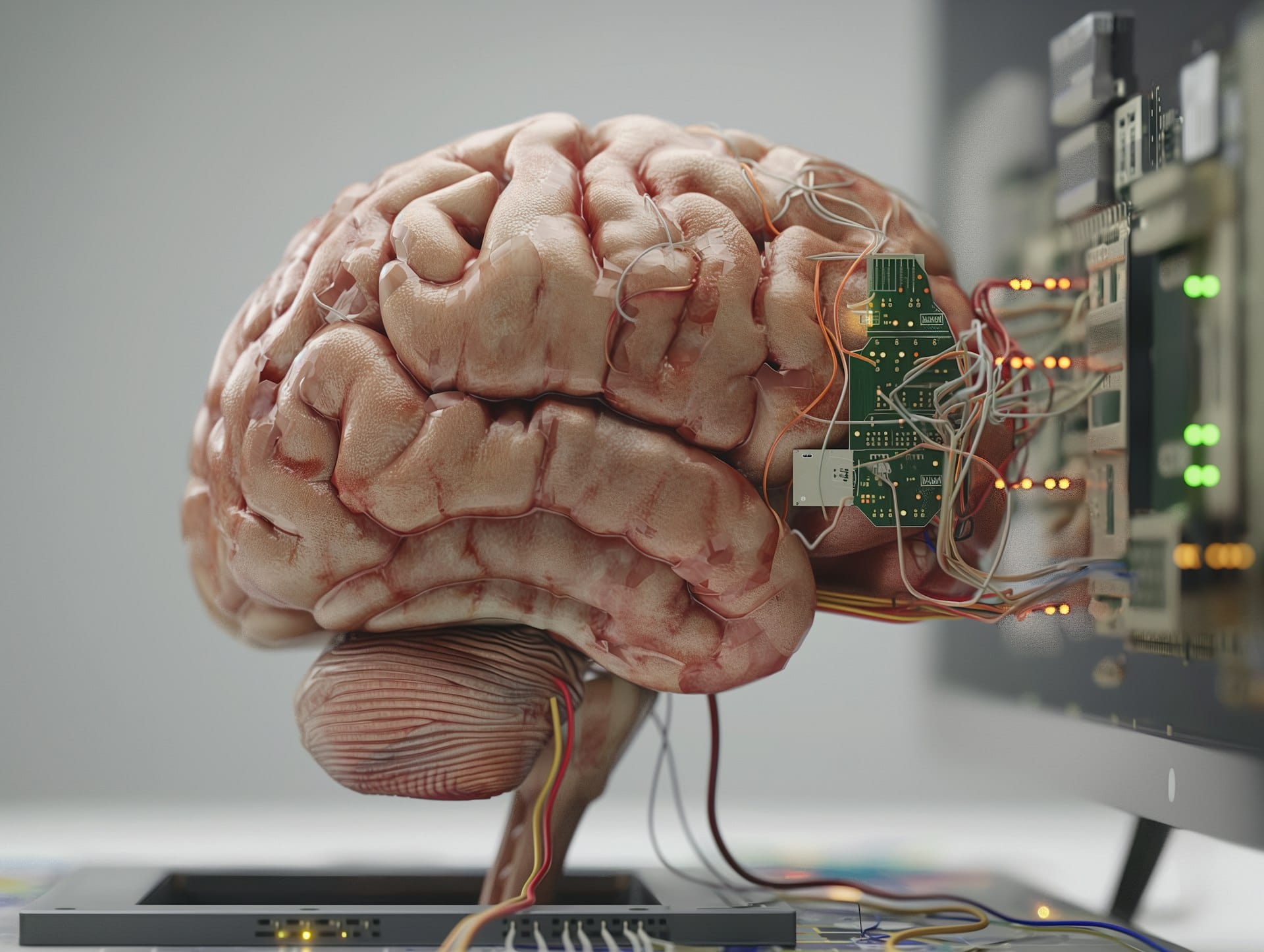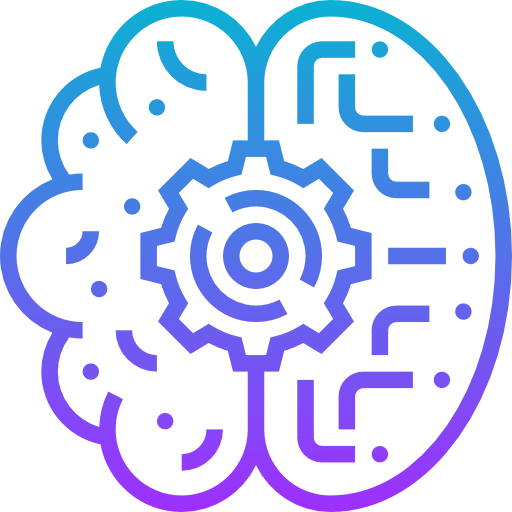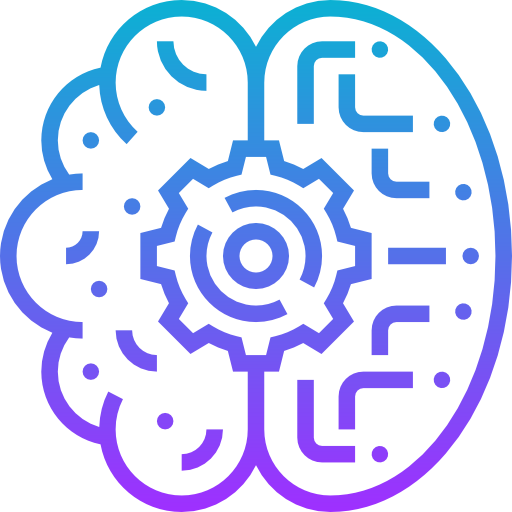AI Automation: How Healthcare Can Achieve More with AI Agents
Table of Content
The future of healthcare isn’t just about doctors and nurses — it’s about AI agents working behind the scenes to streamline processes, reduce errors, and free up valuable time for human professionals.
From diagnosing diseases to automating administrative tasks, AI agents are poised to transform healthcare in ways that benefit both patients and providers.
If you’re wondering what AI agents are and how they can supercharge healthcare, here’s the complete lowdown.
What is an AI Agent?
An AI agent is an autonomous system powered by artificial intelligence that can perceive its environment, analyze data, and take actions to achieve specific goals.
Think of it like a smart assistant that doesn't just respond to requests but proactively completes tasks, solves problems, and learns from outcomes. These agents can work independently or in tandem with human operators to deliver faster, more accurate results.
In healthcare, AI agents are increasingly being deployed to tackle complex challenges, from clinical decision-making to hospital management.

Key Benefits of AI Agents in Healthcare
Before diving into specific use cases, let’s look at why healthcare organizations are adopting AI agents:
- 🕒 Efficiency Gains: Automating repetitive tasks allows healthcare staff to focus on critical work.
- 📊 Accuracy: AI agents reduce human error by processing vast amounts of data quickly and accurately.
- 💊 Patient Care: With AI handling administrative tasks, providers can spend more time with patients.
- ⏳ Speed: AI agents can make decisions and recommendations in seconds, speeding up workflows.
Now that you know the benefits, let’s explore the game-changing use cases of AI agents in healthcare.
1. Automated Medical Diagnostics
Use Case: Diagnosing diseases faster and with greater accuracy.
Imagine an AI agent analyzing X-rays, CT scans, and MRIs in real-time, flagging potential issues like tumors or fractures faster than traditional methods.
These agents can be trained on millions of medical images and use pattern recognition to catch anomalies that might escape the human eye.
Example: Tools like Google’s DeepMind are already helping radiologists make accurate diagnoses for complex diseases such as cancer and diabetic retinopathy.

2. Administrative Task Automation
Use Case: Reducing paperwork and data entry for hospital staff.
Healthcare workers often spend hours filling out forms, scheduling appointments, and processing insurance claims.
AI agents can automate these repetitive tasks, streamlining workflows and reducing the chances of human error.
Example: AI-powered chatbots and scheduling agents can manage appointment bookings and send reminders to patients, saving front-desk staff time and effort.
3. Personalized Treatment Plans
Use Case: Creating tailored care plans based on patient data.
AI agents can sift through a patient’s entire medical history, genetic data, and real-time health metrics to create highly personalized treatment recommendations. This ensures patients receive care plans tailored to their unique needs.
Example: IBM’s Watson for Oncology helps oncologists create customized cancer treatment plans by analyzing research papers, clinical data, and patient records.
4. Drug Discovery and Development
Use Case: Speeding up the discovery of new treatments.
The traditional drug discovery process can take years. AI agents accelerate this process by analyzing biological data and predicting how different compounds might work as potential treatments.
Example: Companies like Insilico Medicine use AI agents to identify promising drug candidates, significantly reducing research timelines.
5. Patient Monitoring and Alerts
Use Case: Real-time monitoring of patient vitals and triggering alerts.
AI agents can continuously monitor patients through wearable devices, hospital equipment, or remote care platforms. When something goes wrong, the AI agent can alert healthcare providers immediately.
Example: AI-driven systems in ICUs monitor heart rates, oxygen levels, and blood pressure, sending instant alerts when anomalies are detected.
How to Get Started with AI Agents in Your Healthcare Organization
Thinking of adopting AI agents in your practice or hospital? Here are some tips to help you choose the right solution:
- Identify Pain Points: Where are the bottlenecks in your current workflows? Start with tasks that require repetitive effort or high data volume.
- Evaluate Compliance: Ensure the AI solution complies with healthcare regulations (HIPAA, GDPR, etc.).
- Scalability: Opt for AI systems that can scale with your organization’s needs.
- Integration: The AI agent should seamlessly integrate with your existing software and infrastructure.
The Future is Automated
AI agents are not here to replace healthcare professionals but to empower them. By automating diagnostics, administrative tasks, and patient monitoring, AI allows doctors and nurses to focus on what matters most: delivering exceptional patient care.
Whether you’re running a hospital, a clinic, or a medical practice, AI automation is your ticket to achieving more with less effort.
Are you ready to embrace the future of healthcare?
Further Readings
- AI in Healthcare: Bridging the Gap Between Innovation and Clinical Practice and Again: Do not use AI in Self-diagnosis
- The Future of Healthcare AI: How AI is Reshaping Medical Diagnostics, with AI Medical Startup Examples










